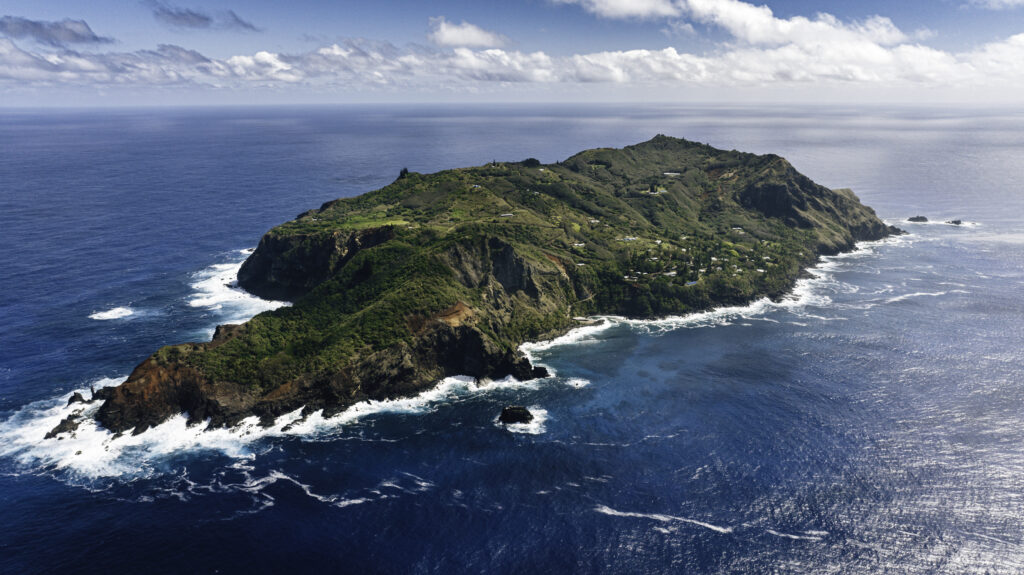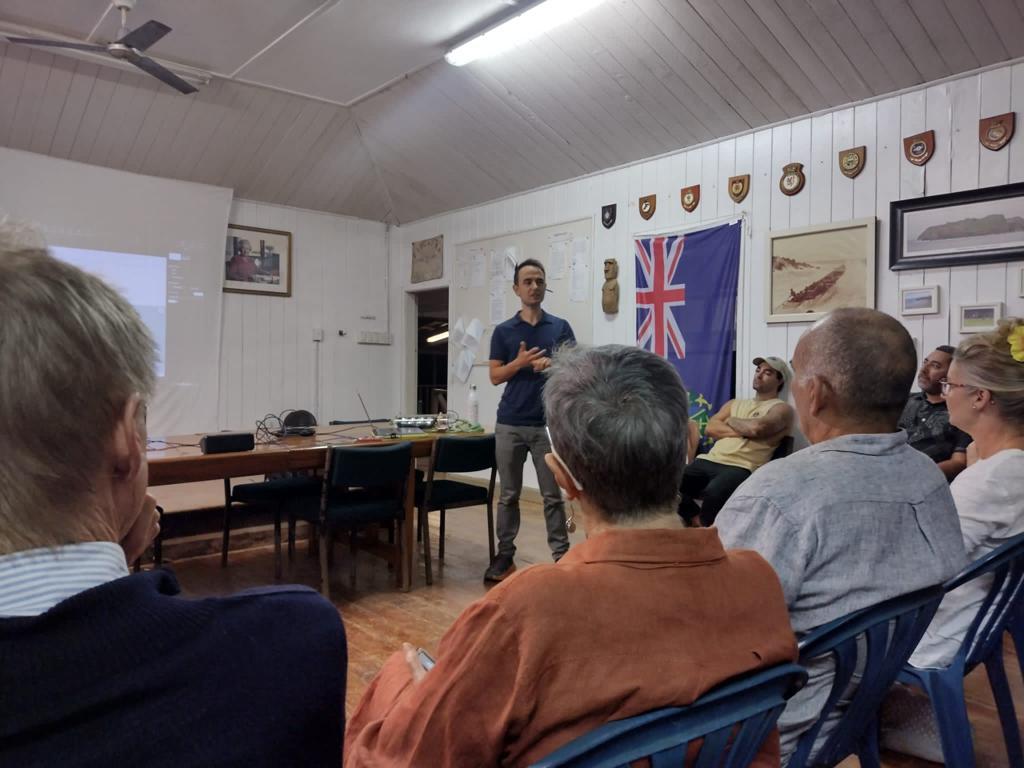
Marine Protected Areas (MPAs) across the world provide sanctuaries for a fantastic array of marine life and protect some of the world’s most fragile habitats. However, they also provide essential resources that sustain the communities that call these environments home. From seafood to tourism, natural sea defences to climate change regulation, MPAs provide a range of services that support local communities. To allow scientists and managers to understand how human activities interact with these ecosystems social science approaches are used.
Scientific research on MPAs has extensively documented their ecological benefits, but their social and economic impacts are less understood. MPAs can generate financial advantages, such as improved fishery yields and expanded ecotourism opportunities. They can also provide non-financial benefits, including enhanced community well-being, cultural preservation, and increased environmental awareness. However, restrictions associated with MPAs can also impose economic costs on local communities, such as reduced access to fishing grounds and commercial activities. The most effective MPAs integrate ecological and socio-economic considerations, ensuring that affected communities are actively involved in their design and governance.
From seafood to tourism, natural sea defences to climate change regulation, MPAs provide a range of services that support local communities.
Human dimensions of MPAs
Effectively managing MPAs is about managing human interactions with the marine environment. Therefore, without considering how people interact with marine spaces, any conservation efforts risk failure. To help us understand the relationship between MPAs and communities we can use social research methods These approaches can help us to understand the relationship between human activities such as fishing, tourism, and shipping and the natural environment. This field also examines how coastal communities depend on marine resources for their livelihoods, and how cultural, economic and social factors influence marine conservation efforts. By having a greater understanding of this relationship, we can design more effective MPAs that deliver environmental protection whist supporting the communities who call them home.
What is the Blue Belt Programme doing?
The Blue Belt Programme is a demand led UK Government programme which aims to support the marine protection ambitions of UK Overseas Territories (UKOTs). The Blue Belt Programme delivery partners (Marine Management Organisation, MMO and Centre for Environment, Fisheries and Aquaculture Science, Cefas) have observed an increasing desire from UKOTs to understand the effects of their MPAs on communities and explore new economic and social benefits.
As part of the 2024 Blue Belt Symposium, a dedicated session bought together leaders from across the UKOTs to explore the social, cultural and economic value of MPAs. The session aimed to understand the effects on communities and developed actions to overcome barriers and increase benefits of MPAs across the Blue Belt. Proposed actions included raising the profile of social and cultural values, engaging the communities in management decisions and recognising the first-hand knowledge they hold. The information shared in this session will ultimately be used to shape the future direction of assistance provided to UKOTs.

Case Study: The People and Marine Space of the Pitcairn Islands
The people and culture of the Pitcairn Islands has been considered and valued since the MPA’s creation in 2016. Community engagement and collaborative management is a key element of Pitcairn’s MPA Management Plan and islanders associated cultural rights are protected under it.
Under the Blue Belt Programme, staff from the MMO assisted the Government of Pitcairn Islands (GPI) in conducting social research to help them understand the residents’ views and perceptions of their MPA. The project captured the views of three quarters of households on Pitcairn Island through community surveys. This aimed to understand what they consider important about the marine environment, how they are affected by the MPA and the need for future projects to enhance MPA benefits. It also aimed to assess residents’ understanding of the rules and regulations associated with its management. The results of the survey have formed the basis for the long-term monitoring of MPA. These surveys will be repeated in 2-3 years’ time to measure progress over time and assess the effectiveness of MPA management measures. Information shared by the community has also supported the development of a natured based tourism strategy. This has created a road map for the development of new, sustainable marine nature-based tourism opportunities to increase the economic benefit of the MPA.
The survey collected a rich variety of data and has allowed the GPI to understand what the marine space means to the people of Pitcairn Island, gauge their support for the MPA and identify how management can be adapted to increase community satisfaction. The reports also collected a limited amount of ecological knowledge, for example, one individual stating ‘my grandparents used to struggle to catch fish, now we seem to catch them easily’. This suggests that the fish stocks within Pitcairn’s waters have increased over the years and are healthy and therefore effectively managed.
Throughout the surveys, Pitkerners demonstrated a good level of ocean literacy and in turn support for the MPA. When questioned on MPA derived benefits most considered the promotion of the Pitcairn Islands on the global stage as the most important. Almost all believed the MPA benefits the local community however, it became apparent that the perceived benefits of the MPA were financial, and people failed to recognise the cultural gains in their answers. Respondents did, however, routinely mention cultural importances of their marine environment during conversations, often recalling childhood fishing memories or the need to be close to the ocean.
There were numerous uses of the MPA outlined by each household. These included a range of activities that supported income, food and pleasure. Almost three-quarters of households stated that they use the MPA for pleasure activities such as swimming and recreational fishing. Over three-quarters of households also considered that the MPA provides them with a source of food.
From the interviews it was evident that the Government of Pitcairn Islands has worked to increase community buy-in to MPA management. Every household was able to list at least 2 activities restricted under the island’s marine management plan and most stated they were happy with their level of engagement in decision making.
Importance of social science
Research has shown that social and economic considerations are fundamental to MPA effectiveness. While biodiversity conservation remains a primary goal, community involvement and stakeholder engagement significantly influence long-term success.
Social sciences help managers understand the interactions between people and the natural environment and allow for the development of measures that work with these groups from the outset. Therefore, by integrating this knowledge with ecological science, we can strive to improve our decision making for the future of both the oceans and the people who rely on them.
Leave a comment